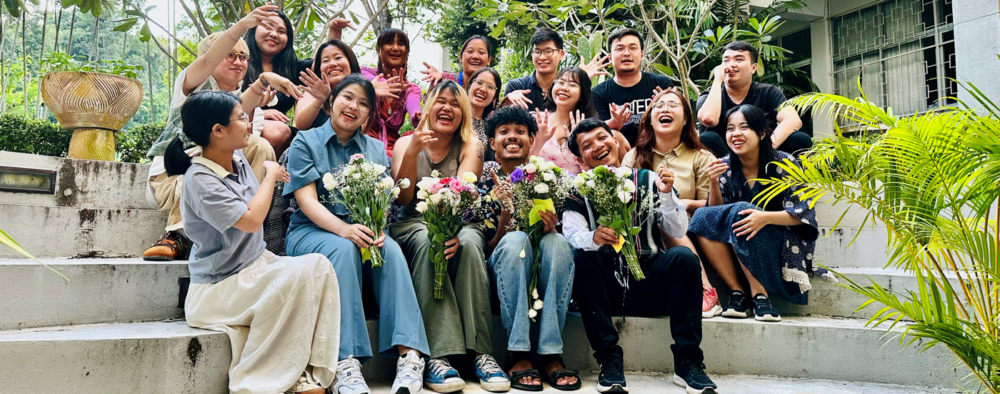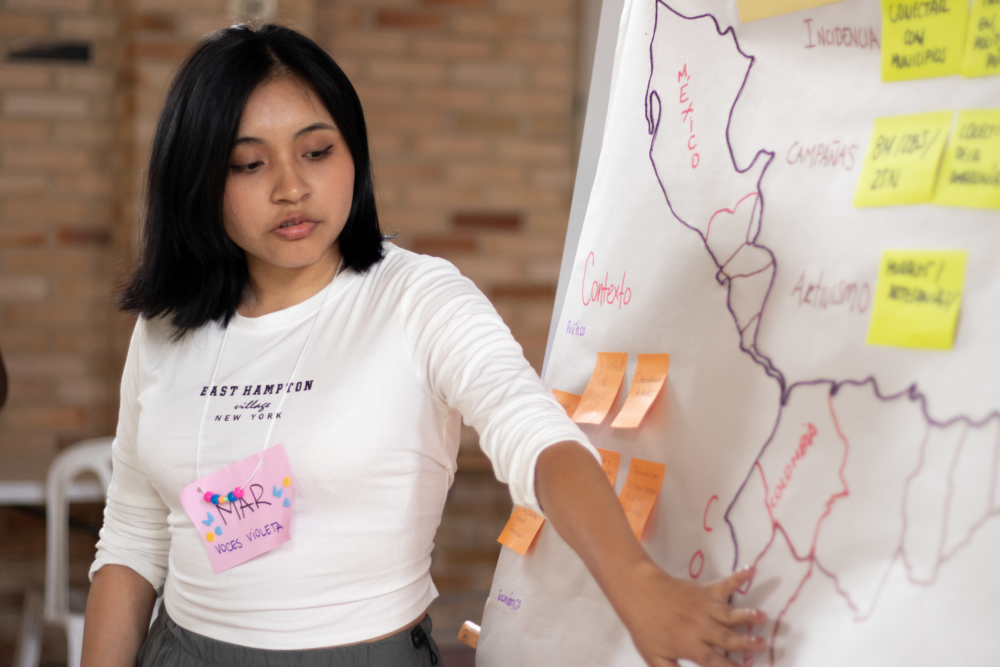
Youth power
Climate resilience, Youth power
This article was written by the Global Communications Team of Avery Dennison Foundation and originally published on the Avery Dennison Foundation blog.
With the support of an Avery Dennison Foundation (ADF) grant, GFC recently embarked on a thematic, regional expansion of its Spark Fund in Southeast Asia. GFC’s Spark Fund aligns with ADF’s “Environmental Sustainability” funding pillar, which supports efforts focusing on climate resilience, mitigation and adaptation. Trust-based philanthropy is at the forefront of these transformative partnerships.
“The trust-based philanthropy practice starts with Avery Dennison Foundation, who trusted us to carry out the Spark Fund in Southeast Asia,” said Christine Burkhart, vice president of strategic partnerships at Global Fund for Children. “ADF’s commitment made it possible for the Spark Fund in Southeast Asia to get started. From there, we engaged with our Spark Fund youth panel and partners from a trust-based perspective. We all have to be transparent, communicative and flexible. If we can’t flex and move as the program develops, it restricts our ability to implement programs that can make a difference. We have to see money as a resource, but not the knowledge.”
The Southeast Asia Spark Fund works with young people and supports their knowledge and capacity for leadership to drive societal, systemic change. The Southeast Asia Spark Fund panel includes youth leaders from Thailand, Vietnam and Singapore to ensure diverse voices are heard and leveraged to shape the futures of their communities.
While forming a diverse panel was intentional, it also presented challenges, especially with three languages requiring translation. According to Burkhart, “With multiple languages in the room, there was a tendency to revert to English, which disadvantaged non-native speakers. We worked tirelessly behind the scenes to empower quieter participants, ensuring all voices were heard and valued in the decision-making process, leading to an incredibly impactful outcome in our first round of grants.”
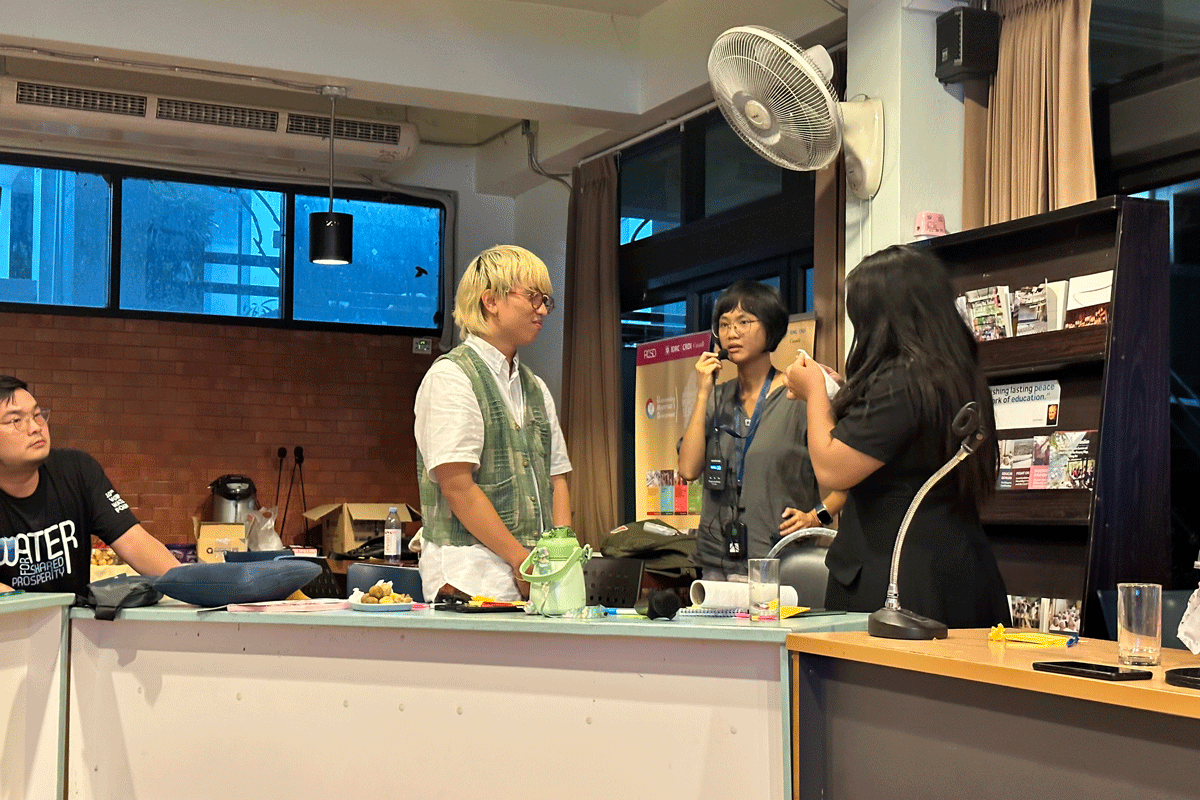
Promoting language justice through a multilingual approach was upheld throughout the process. Young leaders across the region could fully participate without any English language requirements. Once the panel was set up, the group participated in workshops on grantmaking and decision-making and identified shared values and commitments. The panel agreed to prioritize the following core values: respect, inclusivity and equity, professionalism, sustainability, responsibility and empathy.
Then, the hard work commenced. Through reflective conversations, the panel identified the need for a more intentional focus on climate justice, particularly in Southeast Asia–a region significantly impacted by climate change but lacking adequate resources to support youth-led solutions.
The panel’s core values were evident in their decision-making process. They held honest conversations about the disparities in access to resources among the three countries. Youth participants were met with their first decision-making challenge, when youth from Singapore suggested the panel focus funding on Thailand and Vietnam and exclude Singapore from this round of grants. This decision was driven by a desire to create equity and ensure that the funded partners reflected the areas with the greatest need.
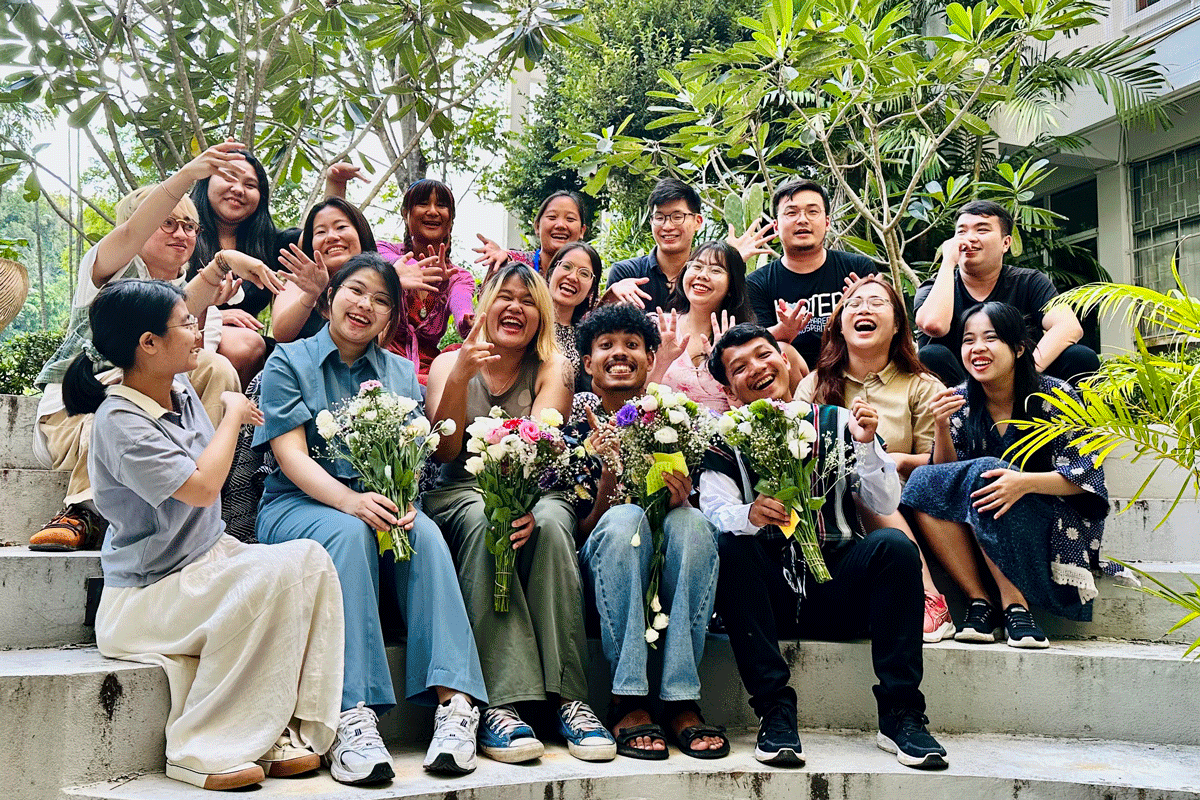
This decision was met with support. A Spark Fund panelist from Thailand shared, “Here, we have three families [Thailand, Vietnam and Singapore]. Some families are born with more resources, and others with less. We are in a position where we can offer support to those families that need more help and create equity between our three families. Therefore, I agree that we should focus our funding on Thailand and Vietnam.”
A second significant decision was prompted by escalating safety and regulatory risks associated with funding climate action initiatives in Vietnam. The youth panel decided to limit the first round of grantmaking to Thailand while exploring alternative options for Vietnam. By introducing a fellowship program, the panel demonstrated its commitment to reaching young climate justice leaders in Vietnam while mitigating risks to activists in the region.
The panel then crafted grantmaking criteria that would support youth-led initiatives and address local environmental challenges, with a focus on marginalized communities and grassroots organizations. As a further testament to the importance of promoting language justice, most applications submitted were written entirely in Thai. In total, 66 of the 78 eligible applications were in Thai, while an additional 12 were submitted in English. Ultimately, nine organizations were selected as grantees, covering several regions of rural Thailand, from Chiang Mai, Chiang Rai and Bueng Kan in the north, Khon Kaen, the Mekong Basin, Nonthaburi to as south as Bangkok.
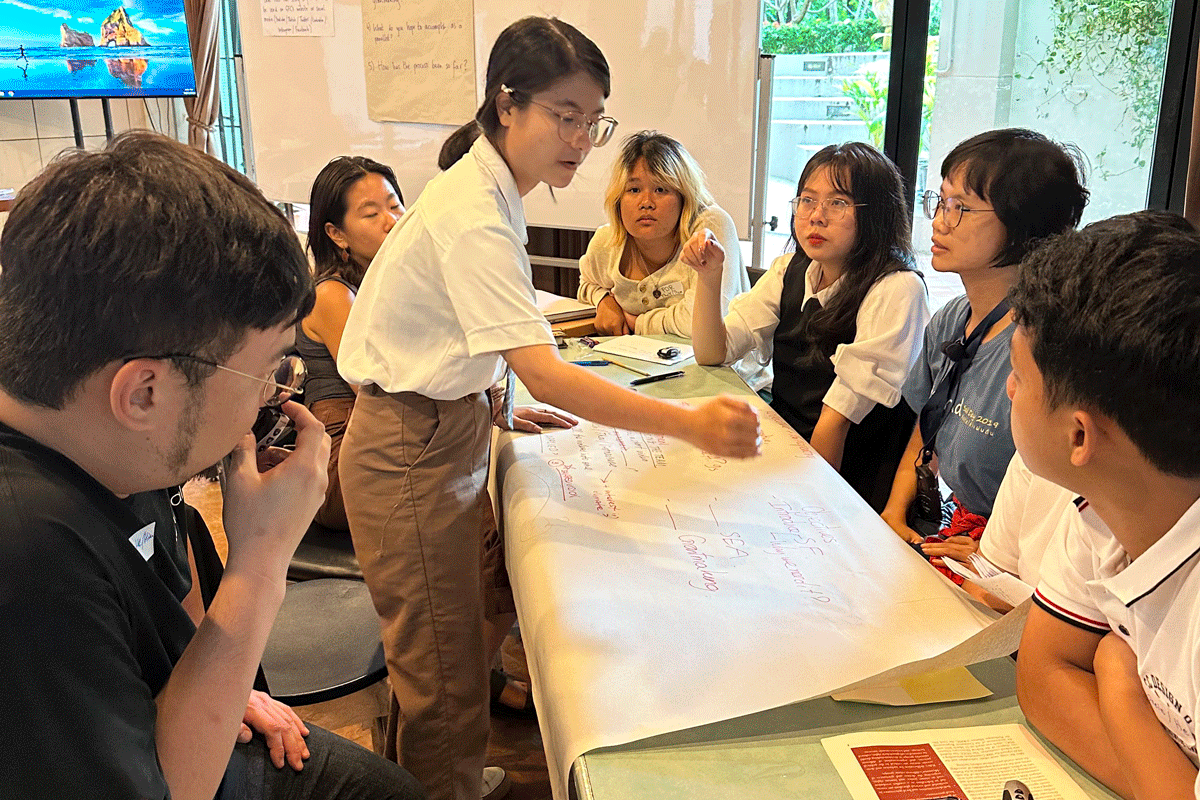
Grant amounts ranged from $10,000 – $15,000 USD, with grantee organizations focused on climate justice for marginalized communities, education through film, learning communities focused on carbon neutrality and net zero emissions, climate resilience and adaptation, biodiversity and conservation.
In the spirit of trust-based philanthropy, it was agreed that each grantee’s learning journey would not follow traditional monitoring and evaluation when measuring the Spark Fund’s outcomes and impact. Instead, the process would entail a learning approach and include everyone touched by the initiative – the youth panelists, youth grantees, ADF, and all GFC staff engaged in the project. In June, GFC will host a celebration to connect youth-led partners and organizations.
This initiative fosters inclusive climate action and underscores the importance of trust-based philanthropy, diversity, inclusion, language justice and community-led solutions.
As we celebrate Earth Day, let’s recognize the significance of initiatives like the Spark Fund in driving transformative change toward a more just and sustainable future by centering youth leadership, trusting their decision-making and prioritizing community needs.
Header photo: A group photo of the SEA Spark Fund panelists. © GFC
